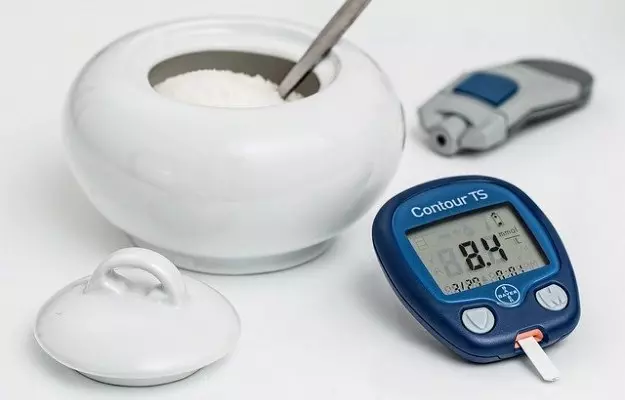The French study found that one in 10 diabetics who contracted COVID-19 and became sick enough to go to a hospital, died within seven days of being hospitalised—that is a mortality rate of 10% of diabetic COVID-19 patients who got hospitalised! Further, the study found that one in five diabetic COVID-19 patients had to be put on a ventilator for breathing support.
Read more: Risk of intubation and ventilators for COVID-19 patients
This study is the first to look specifically into the subject of COVID-19 mortality risk in patients with diabetes. It was published in the journal Diabetologica and titled "Phenotype characteristics and prognosis of inpatients with COVID-19 and diabetes".
That said, other studies for comorbidities like heart disease and COVID-19 have found similarly bleak data. On 1 May 2020, research published in the New England Journal of Medicine showed that among 8,910 COVID-19 patients admitted in 169 hospitals across Asia, Europe and North America, the mortality rate was significantly higher in patients with coronary artery disease (10.2%), heart failure (15.3%) and cardiac arrhythmia or irregular heartbeat (11.5%) compared with under 6% for people who didn't have the respective diseases.
CORONADO study
The new study was performed countrywide in France and was called CORONADO, short for coronavirus and diabetes outcomes, and aimed to assess the health of patients and find out in detail the factors behind the development of severe symptoms of COVID-19 in diabetes patients.
As many as 1,317 patients were part of the study across 53 hospitals in France between 10 March and 31 March 2020, and a significant majority of the patients were diagnosed with type 2 diabetes (89%), about 3% patients with type 1 diabetes and the remaining patients diagnosed with the other types of the disease. A small percentage (3%) were diagnosed with diabetes only after they were admitted to the hospital.
Another unique outcome of the study was that it found as many as 65% of COVID-19 patients with diabetes were men and were over the age of 70 years, and even though poor blood sugar levels didn't contribute to the patient's outcome, complications arising from diabetes and advanced age did increase the chances of fatality. A high BMI (body mass index) is usually associated with a higher risk of intubation or mechanical ventilation due to the increased difficulty in breathing and, as a result, a higher risk of death. (Read more: Obesity)
However, the doctors behind the study also noted that more research would be needed to establish a more concrete relationship between obesity and the respiratory infection to be able to prevent or control the risk of a negative outcome among patients.



























